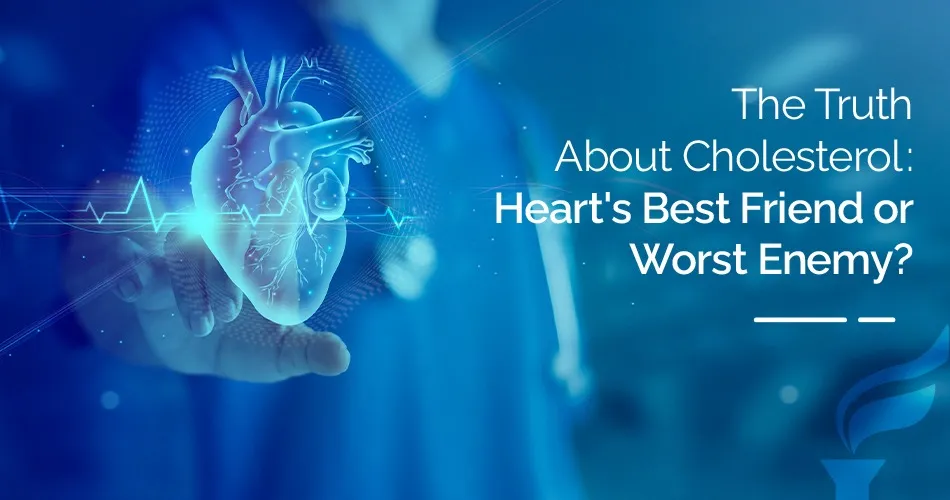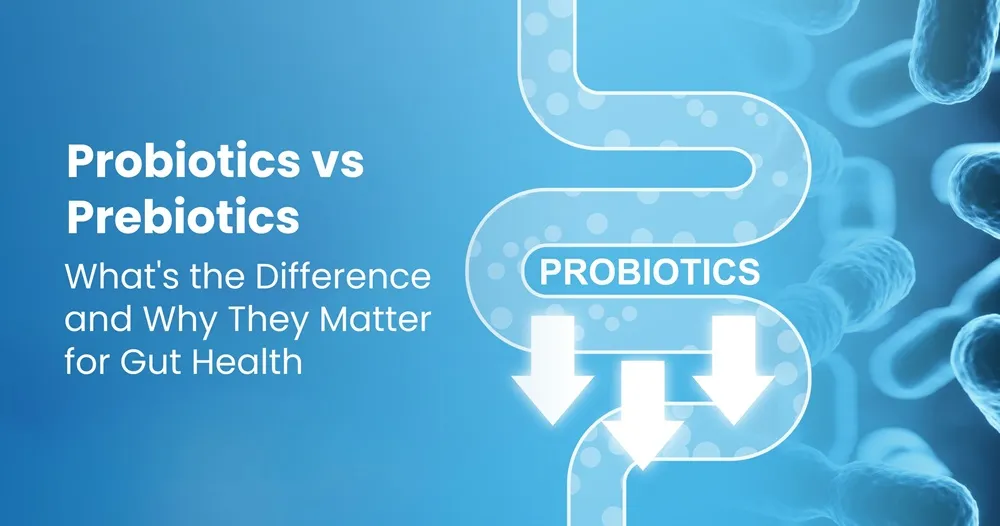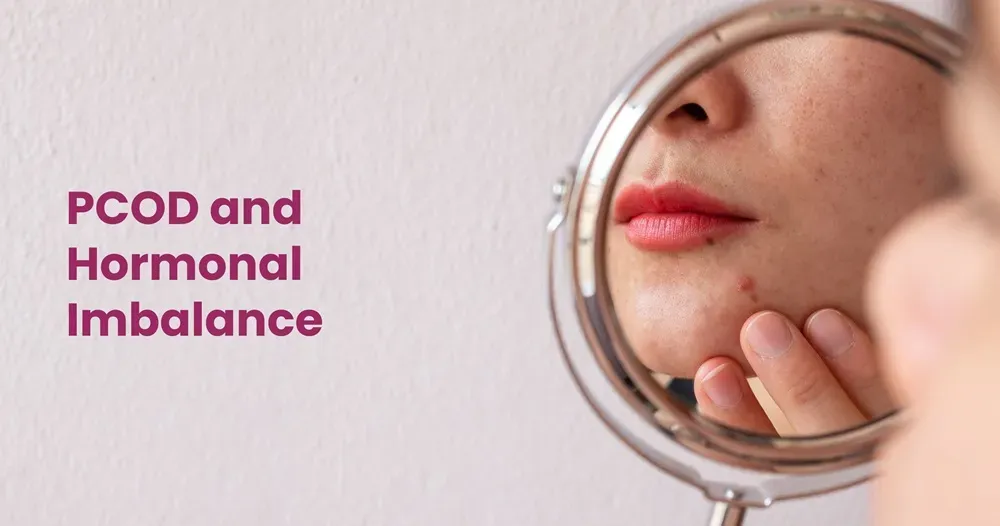Exploring the Relationship Between Cholesterol and Cardiovascular Health
Oct 03, 2023

In terms of heart health, the term "cholesterol" consistently emerges as a pivotal factor. Cholesterol is a naturally occurring, lipid-like substance present in the cellular composition of our bodies. However, when specific types of cholesterol accumulate excessively, it can pose a significant risk to our cardiovascular well-being, potentially culminating in heart attacks. In this blog, we will delve into the intricate relationship between cholesterol and heart health, shedding light on maintaining an optimal cholesterol balance for our cardiovascular system.
Understanding Cholesterol
Cholesterol is a fatty substance that builds cell membranes and produces vitamin D. It can also be increased in the body through unhealthy dietary substance like processed and fried edibles. It also plays a pivotal role in the production of hormones (like estrogens and testosterone), and the creation of bile acids necessary for digestion. Our liver produces most of the cholesterol our bodies need, but we also get cholesterol from the food we eat, mainly from animal-based products.
Types of Cholesterol
Cholesterol travels in the bloodstream with the help of lipoproteins, which are protein-carrier molecules. There are two primary types of cholesterol:
Low-Density Lipoprotein (LDL): Often referred to as "bad" cholesterol, high levels of LDL cholesterol can lead to the buildup of plaque in your arteries, increasing the risk of atherosclerosis (narrowing of the arteries).
High-Density Lipoprotein (HDL): This is considered "good" cholesterol. HDL helps remove excess cholesterol from your bloodstream and transport it to the liver for excretion.
cholesterol. HDL helps remove excess cholesterol from your bloodstream and transport it to the liver for excretion.
How LDL is critical for your cardiovascular health?
Atherosclerosis: High LDL cholesterol levels can contribute to the buildup of plaque in the arteries, which is known as atherosclerosis. This narrows the arteries, making blood flow more difficult, which can lead to heart attacks and strokes.
Cholesterol and Inflammation: Elevated LDL cholesterol levels might cause inflammation in the artery walls that can further trigger blood clots and strokes
How HDL shields your heart?
High levels of HDL cholesterol are associated with a lower risk of heart disease. HDL helps remove excess cholesterol from the bloodstream and transfers it back to the liver, which then flushes it out of the body, reducing the likelihood of plaque buildup.
What are the factors that contribute to a healthy heart and good cholesterol?
Lifestyle Factors: Diet and physical activity play a crucial role in managing cholesterol levels. A diet high in saturated and trans fats can increase LDL cholesterol, while a diet rich in fruits, vegetables, and whole grains can help lower it. Regular exercise can also boost HDL cholesterol.
Medications: In some cases, medication is prescribed to lower cholesterol levels, which is very effective. The course should be timely completed for an ideal recovery.
Positive thinking: In today’s competitive world, people usually take a lot of stress to be at the top, and the same stress and overthinking badly affect cardiovascular health. Thus, balancing your mind with positive thinking is the ideal way to lead ahead with a healthy heart and a healthy life, keeping mental stress at bay.
Conclusion
High levels of LDL cholesterol can pose a serious threat to your heart health. Understanding the cholesterol-heart health connection is crucial for making informed decisions about your diet, lifestyle, and healthcare. Regular check-ups, a heart-healthy diet, and an active lifestyle can go a long way towards managing cholesterol levels and reducing the risk of heart disease.
To keep track of your heart health, we at Apollo Diagnostics are here to help you with multiple health packages.
Feel free to reach us, because taking care of your heart is taking care of your health.
Related Blog Post
- What does Lipid Profile mean?
- Does lowering cholesterol reduce the risk of heart disease and stroke in the elderly?
- Cholesterol Management
- Everything You Need To Know About Cholesterol
- The Connection Between Cholesterol Levels and Heart Health
- Know Your Numbers: Understanding Cholesterol, Blood Pressure, and Heart Health
Blog Categories
- Child Health
- Mens Health
- Women's Health
- Mental Health
- Health Myths & Facts
- Fitness
- Nutrition/Recipes
- Remedies
- Weight Management
- Stress Management
- Health Supplements
- Addiction Management
- Disease Management
- Allergy
- Anemia
- Arthritis
- Asthma
- Autoimmune Diseases
- Blood Pressure
- Cancer
- Deficiencies
- Dengue/Malaria/Chikungunya
- Diabetes
- Eye Problems
- Heart Diseases
- Hepatitis
- HIV/AIDS/STD
- Hormonal Imbalance
- Infection/Flu/Viral
- Kidney
- Liver
- Menstrual Problems
- Pregnancy
- Skin & Hair Problems
- Stomach Ailments
- Thyroid
- Others
- Health Checkups
- Diagnostics/Pathology
- Lifestyle & Wellness
- Covid
- Medical Tests
- Cholesterol
- Health Tips
- Parent Care/Old Age
- Lungs
- Food Intolerance








